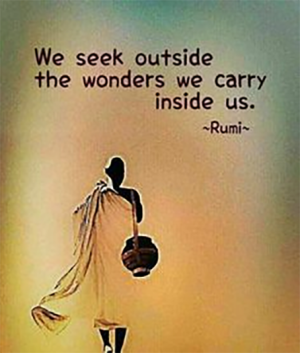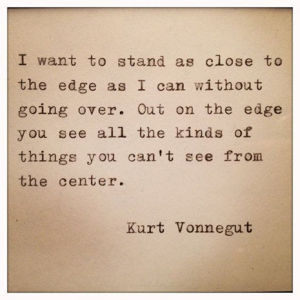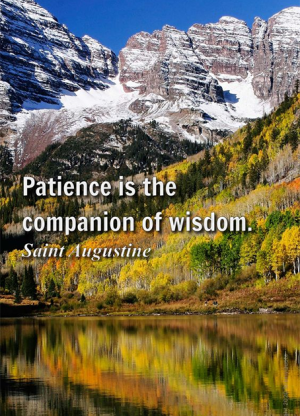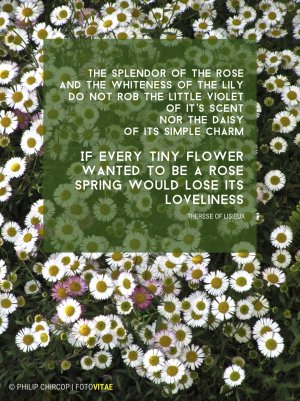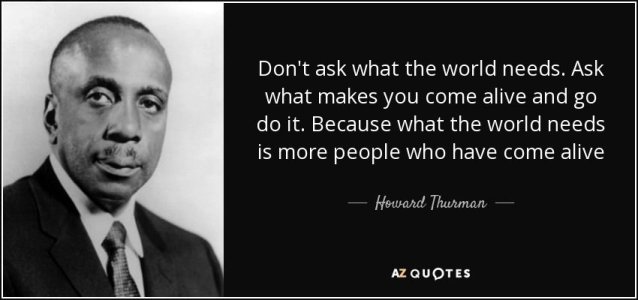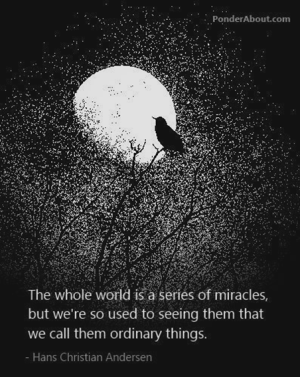Defective
Newbie
- MBTI
- INFJ
- Enneagram
- 4w5
I would love to hear what everyone's favourite philosophy quote is and why it speaks to you personally, also what your interpretation of it is!
My all time favourite is 'the unexamined life is not worth living' - Socrates, because I value personal growth and evaluation above all else, and I truly believe examining your life constantly and making changing improves your quality of life and helps you reach your full potential (which is vital to my happiness).
I am also a big fan of some Rumi quotes about the universe 'do not feel lonely, the entire universe is within you', because we are all made out of the same stuff and are essentially the conscious universe, and I think that is beautiful and profound.
Excited to read your responses! <3
My all time favourite is 'the unexamined life is not worth living' - Socrates, because I value personal growth and evaluation above all else, and I truly believe examining your life constantly and making changing improves your quality of life and helps you reach your full potential (which is vital to my happiness).
I am also a big fan of some Rumi quotes about the universe 'do not feel lonely, the entire universe is within you', because we are all made out of the same stuff and are essentially the conscious universe, and I think that is beautiful and profound.
Excited to read your responses! <3

